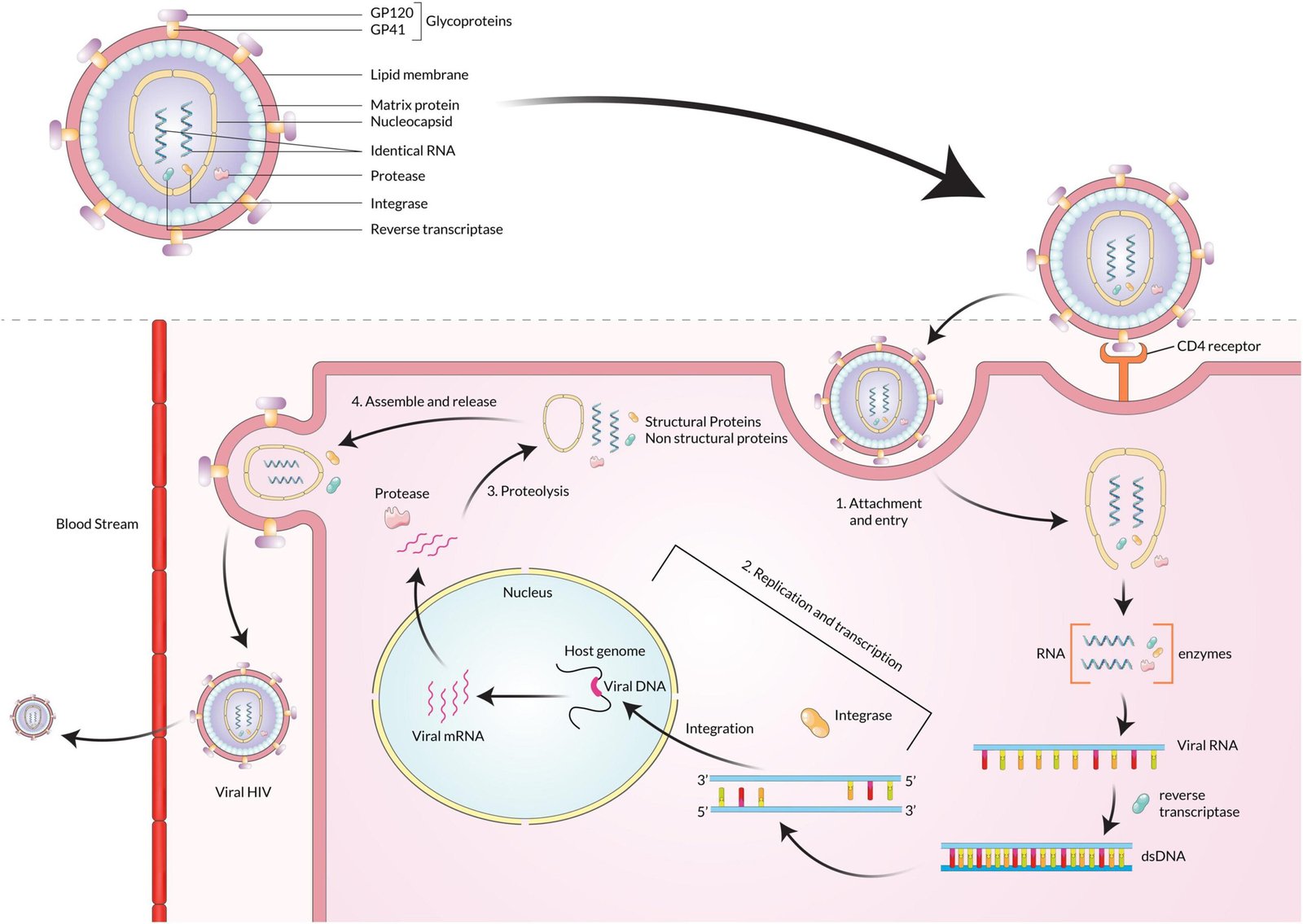
Hepatitis B
Hepatitis B is an infection caused by the hepatitis B virus (HBV) that directly affects the liver. HBV can lead to liver disease and, in some cases, liver failure. The infection occurs through contact with infectious body fluids, such as blood, semen, or vaginal fluids.
Symptoms:
Acute Hepatitis B: Symptoms may include jaundice (yellowing of the skin and eyes), abdominal pain, dark urine, fatigue, nausea, and vomiting.
Chronic Hepatitis B: This condition can lead to severe liver complications over time, such as cirrhosis or liver cancer.
Hepatitis C
Symptoms:
It often occurs in the early stages. When symptoms do appear, they may include fatigue, abdominal pain, dark urine, jaundice, and loss of appetite. Over time, Hepatitis C may lead to liver cirrhosis and liver cancer.
